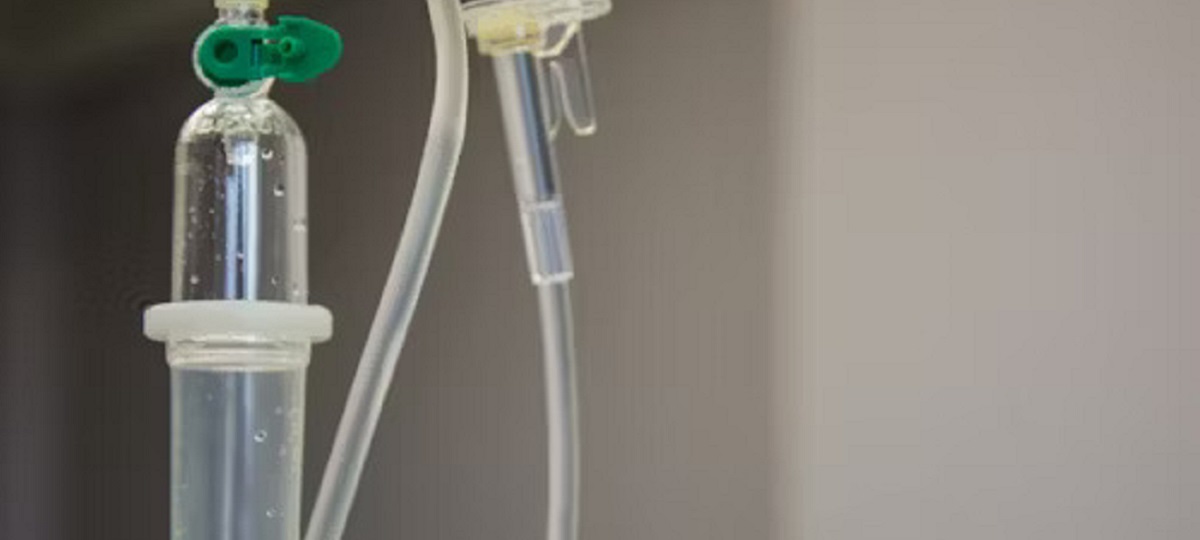Bladder cancer is a significant health concern worldwide, with approximately 550,000 new cases diagnosed each year. Bacillus Calmette-Guérin (BCG) therapy has been a mainstay in the treatment of superficial bladder cancer for several decades. It is considered the most effective intravesical immunotherapy available for this type of cancer. In this article, we will explore the success rate of BCG treatment for bladder cancer, how it works, its side effects, and its role in preventing cancer recurrence.
Understanding BCG Treatment
BCG is a weakened form of the bacteria Mycobacterium bovis, which is related to the bacteria that cause tuberculosis. When BCG is instilled directly into the bladder, it stimulates the immune system to attack and destroy cancer cells. This localized immunotherapy is effective in treating superficial bladder cancer, which is cancer that has not invaded the muscle layer of the bladder wall.
Success Rate of BCG Treatment
The success rate of BCG treatment for bladder cancer varies depending on several factors, including the stage and grade of the cancer, the patient’s overall health, and how well they respond to the treatment. Overall, BCG treatment has been shown to be highly effective in reducing the risk of cancer recurrence and progression.
Studies have demonstrated that BCG treatment can reduce the risk of bladder cancer recurrence by up to 70% in patients with high-risk superficial bladder cancer. In patients with intermediate-risk disease, the recurrence rate can be reduced by up to 50%. These results indicate that BCG therapy is an effective treatment option for preventing the recurrence of superficial bladder cancer.
How BCG Treatment Works
BCG therapy works by stimulating the immune system to attack cancer cells in the bladder. When BCG is instilled into the bladder, it causes inflammation, which attracts immune cells to the area. These immune cells, including macrophages and T cells, then attack and destroy the cancer cells. BCG therapy also stimulates the production of cytokines, which are proteins that help regulate the immune response.
Side Effects of BCG Treatment
While BCG therapy is generally well-tolerated, it can cause side effects in some patients. The most common side effects of BCG treatment include:
- Bladder irritation: BCG therapy can cause irritation of the bladder, leading to symptoms such as urinary frequency, urgency, and discomfort.
- Flu-like symptoms: Some patients may experience flu-like symptoms, such as fever, chills, and fatigue, after receiving BCG treatment.
- Blood in the urine: BCG therapy can cause inflammation of the bladder lining, leading to the presence of blood in the urine.
- Infection: In rare cases, BCG therapy can lead to a serious infection known as BCG sepsis. This is a potentially fatal complication that has to be treated right away.
Role in Preventing Cancer Recurrence
BCG therapy plays a crucial role in preventing the recurrence of superficial bladder cancer. Studies have shown that patients who receive BCG treatment after surgery for bladder cancer are less likely to experience cancer recurrence compared to those who do not receive BCG therapy. In addition, BCG therapy has been shown to be more effective than other intravesical therapies, such as chemotherapy, in reducing the risk of cancer recurrence.
Conclusion
BCG therapy is a highly effective treatment for superficial bladder cancer, with the potential to reduce the risk of cancer recurrence by up to 70%. While it can cause side effects in some patients, the benefits of BCG therapy generally outweigh the risks. For patients with superficial bladder cancer, BCG therapy remains a cornerstone of treatment and plays a crucial role in preventing cancer recurrence.
